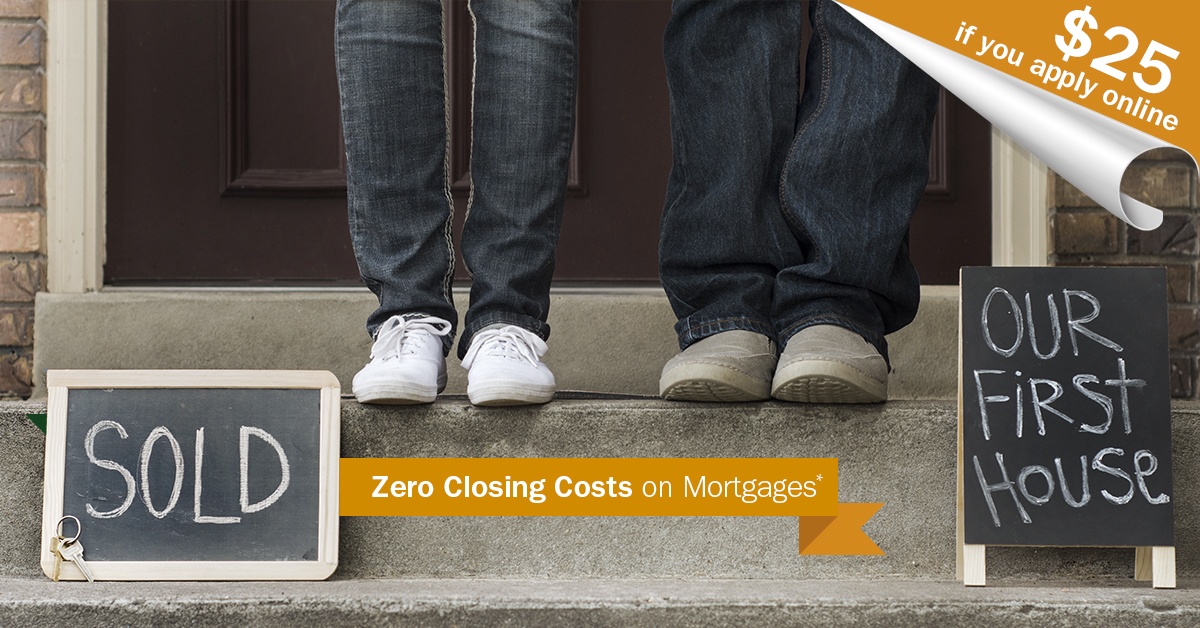Leaving the comfortable nest of your parents' home or college dorm can be exciting and frightening at the same time...whether you're moving into your first apartment or buying your first home.

Before you take the plunge and leave your current living arrangement, there are several factors to consider. The American Bankers Association suggests considering the following questions when making this big life decision:
How much money do you have saved up?
Start with an evaluation of your financial health. Figure out how much money you have for a down payment on a home or deposit on a rental. Down payments are typically 5 to 20 percent of the price of the home. Security deposits on rentals are usually about one month of rent and more if you have a pet. But be sure to keep enough in savings for an emergency fund. It’s a good idea to have three to six months of living expenses to cover unexpected costs. TIP: Mortgage lenders often offer options for paying no closing costs, making your initial investment in your new home a little easier to swallow.
How much debt do you have?
Consider all of your current and expected financial obligations like your car payment and insurance, credit card debt and student loans. Make sure you will be able to make all the payments in addition to the cost of your new home. Aim to keep total rent or mortgage payments plus utilities to less than 25 to 30 percent of your gross monthly income. Recent regulatory changes limit debt to income (DTI) ratio on most loans to 43 percent. TIP: Use our Calculate a Mortgage Payment tool to get a better idea of what your mortgage payment might be; this will help you with your preliminary budgeting.
What is your credit score?
A high credit score indicates strong creditworthiness. Both renters and homebuyers can expect to have their credit history examined. A low credit score can keep you from qualifying for the rental you want or a low interest rate on your mortgage loan. If your credit score is low, you may want to delay moving into a new home and take steps to raise your score. TIP: You can obtain a free credit report from each of the three major credit bureaus each year at www.annualcreditreport.com; your credit score is available for an additional fee.
Have you factored in all the costs? Create a hypothetical budget for your new home.
Find the average cost of utilities in your area, factor in gas, electricity, water and cable. Find out if you will have to pay for parking or trash pickup. Consider the cost of yard maintenance and other basic maintenance costs like replacing the air filter every three months. If you are planning to buy a home, factor in real estate taxes, mortgage insurance and possibly a home owner association fee. Renters should consider the cost of rental insurance.
How long will you stay?
Generally, the longer you plan to live someplace, the more it makes sense to buy. Over time, you can build equity in your home. On the other hand, renters have greater flexibility to move and fewer maintenance costs. Carefully consider your current life and work situation and think about how long you want to stay in your new home.
If you're still contemplating whether to rent or buy, try our Rent or Buy calculator. Our Mortgage Lending Department professionals are also available to talk with you about your options. For a complimentary consultation, call us at (256) 386-5100 or (844) 223-3342 or complete the request below, and we'll call you!

